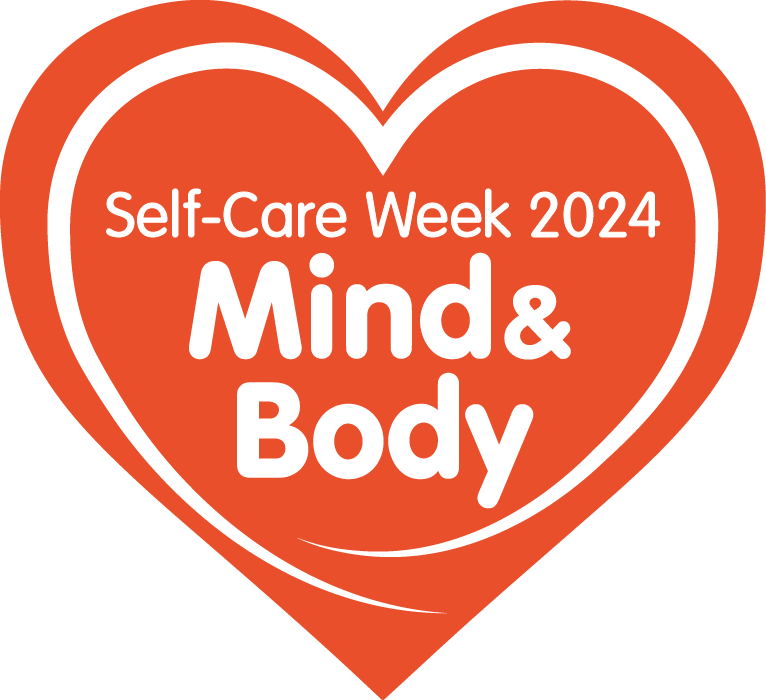
Getting healthy messages out there
Awareness weeks, like National Self-Care Week (18-24 November 2024), play a crucial role in communicating important public health messages.
At the Self Care Forum, we believe these weeks are vital for engaging and encouraging people to make better choices about their health and wellbeing.
To be effective, health messages must be promoted consistently and by a wide range of organisations, including employers. Why? Because too many people are dying or developing long-term health conditions which could be preventable with lifestyle changes.
Preventable illnesses impact lives, livelihoods, and families, increasing demand on health services, which are already under intense pressure.
Big numbers
Consider these statistics:
- In England and Wales in 2021/22, there were 125,612 avoidable deaths, defined as deaths from causes considered “treatable or preventable given timely and effective healthcare or public health interventions.”
- In the UK, cardiovascular disease is one of the most common causes of preventable death, responsible for 168,000 deaths each year. That’s 190 every day or one every eight minutes. Additionally, there are 100,000 hospital admissions due to heart attacks each year.
- Preventable conditions consume 40% of the NHS budget.
- In 2022/23, long-term sickness cost the UK economy £21 billion.
Prevention is everyone’s business

The UK Government’s first prevention strategy, Prevention and Health: Everyone’s Business, was published in 1976. Nearly 50 years later, we still struggle with unhealthy living. Prevention remains everyone’s business.
Organisations across the country must promote a better understanding of how and why we should take care of our physical and mental wellbeing.
We cannot ignore the complexities of improving public health, including the need for accessible green spaces, affordable healthy food, and improved provision of smoking cessation services.
Indeed, moving from treatment to prevention is one of the three big health shifts the government is seeking to make through its 10 Year Health Plan for the NHS. The Change NHS website is the place to share your ideas on how we can all help make this happen and the principles of self care seem a good place to start.
We also need to address health inequalities which make it difficult for people to adopt healthier lifestyles, we can still utilise available resources to drive forward messages and tools that inform, educate, and convince people of the benefits of screening, physical activity, healthy eating, quitting smoking, and connecting with friends and family.

Over to you
So, what will you do to support your community in taking better care of their physical health and mental wellbeing this National Self-Care Week? The Self-Care Forum offers resources, including ideas, brand images, and self-care fact sheets, to help.
- Universities and colleges: we believe training for health and public health students must include ways to empower service users and patients. Every interaction with individuals should incorporate discussions on self-care.
- National and local bodies: Organisations like the BMA, RCP, RCN, and PCI should provide leadership and guidance on self-care practices.
- Health and public health organisations: These organisations must provide tools to support self-care, such as the Self-Care Forum’s fact sheets, which include crucial information on managing illnesses and knowing when to seek professional help (self-care is not no care).
- Schools and colleges: Comprehensive health education should be part of the national curriculum.
2 comments
Comment by Maggie Candy RN QN posted on
Great initiative - absolutely essential to promote self care for nurses!
Comment by Nikit Shingari posted on
Great insights on social care policies and updates! The information shared is clear, informative, and crucial for anyone involved in or affected by social care. Keep up the excellent work!